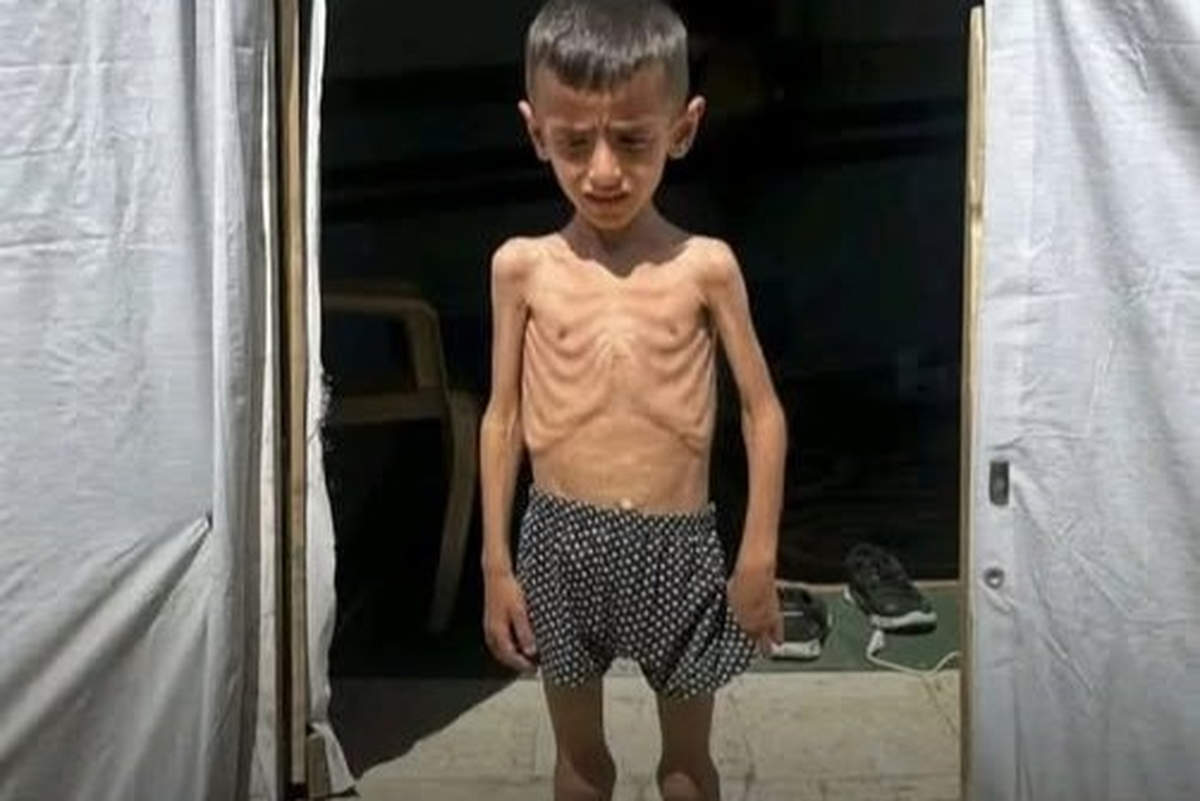Far-right ideologue: Russian philosopher Alexander Dugin at the St Petersburg International Economic Forum, 7 June 2024
Getty
Speaking about the situation in Ukraine just after he took office, US president Donald Trump put forward significant concessions that mirrored Russian priorities, including formally recognising Crimea as a Russian territory and abandoning plans to admit Ukraine to NATO. Six months later, the Kremlin maintains its claim to five of its neighbour’s oblasts and still wants to restrict security guarantees for Ukraine.
Russia’s intransigence is often said to reflect the recklessness of just one man, Vladimir Putin, but is better explained in light of the debate triggered by recent US overtures toward Russia. Although two different camps have emerged, they agree on one principle: not giving an inch on Ukraine.
The irony is striking. After the 2022 invasion, the United States and European Union had hoped to fracture Putin’s powerbase by adopting increasingly tough sanctions. At the time, an economic divorce between Russia and the West seemed inconceivable: 35% of Russia’s foreign trade ($393bn) was with the EU, twice its volume with China. Russia was the EU’s third-largest commercial partner ($297bn), just behind the US ($747bn) and China ($466bn).
In 2016 over 70% of Russian foreign direct investment was in EU countries (excluding offshore financial hubs or places where holding companies are concentrated). This percentage was even higher factoring in Cyprus, Luxembourg and the Netherlands, which have served as tax havens for Russian capital. The largest investors in Russia (excluding tax havens) were the United Kingdom, Germany and France, which held nearly $33bn in assets. Many oligarchs and senior government officials, as well as their spouses and children, lived or studied in London, Paris or Nice.
Billionaires’ support for Putin
Meanwhile, Russia’s liberal opposition was counting on a split within the ruling elite. In a 2023 letter to Josep Borrell, then EU high representative for foreign affairs and security (…)
Full article: 1 709 words.
This article can be read by subscribers
Boris Kagarlitsky &
Alexey Sakhnin
Boris Kagarlitsky is a sociologist and author of The Long Retreat: Strategies to Reverse the Decline of the Left, Pluto Press, London, 2024. Alexey Sakhnin is a journalist.
Alain Gresh is deputy chairman of Le Monde diplomatique
(1) China requested that Saudi Arabia be included in the BRIC group of newly developed economies (Brazil, Russia, India and China).
(2) Quoted in Ben Simpfendorfer, The New Silk Road, Palgrave Macmillan, New York, 2009. See also John Garver, Flynt Leverett and Hillary Mann Leverett, Moving (Slightly) Closer to Iran: China’s Shifting Calculus for Managing Its Persian Gulf Dilemma, Reischauer Center, Washington, 2009.
(3) Arab News, Riyadh, 13 October 2010.
(4) Times Weekly, Beijing, 4 November 2010.
(6) For the Israeli dimension of the crisis, read David B Ottaway, The King’s Messenger: Prince Bandar Bin Sultan and America’s Tangled Relationship with Saudi Arabia, Walker & Company, New York, 2008.
(7) For more on these conspiracy theories, see Jeff Stein’s blog on The Washington Post website, “Former CIA analyst alleges China-Saudi nuclear deal”, 7 June 2010.
(8) Taiwan maintains a very active sales representation in Riyadh, as it does in other countries.
(9) Isabelle Saint-Mézard, “India and Israel: An Unlikely Alliance”, Le Monde diplomatique, English edition, November 2010.
(10) International Crisis Group, China’s Growing Role in UN Peacekeeping, 17 April 2009.
(11) See Gavin Menzies, 1421: the Year China Discovered the World, Bantam Press, London, 2002.

























